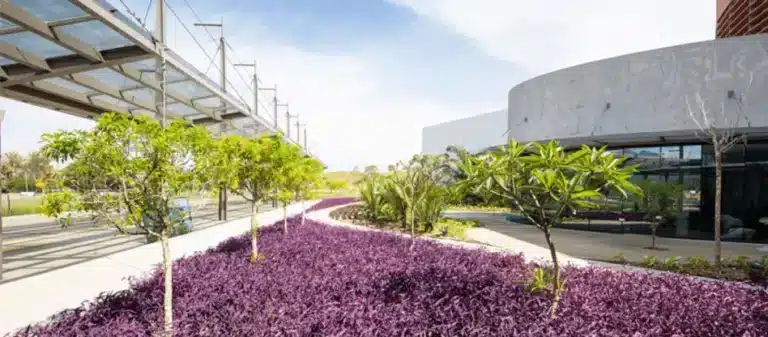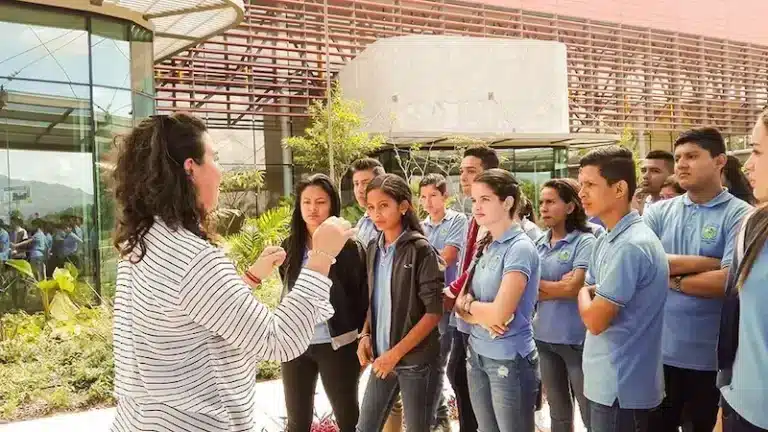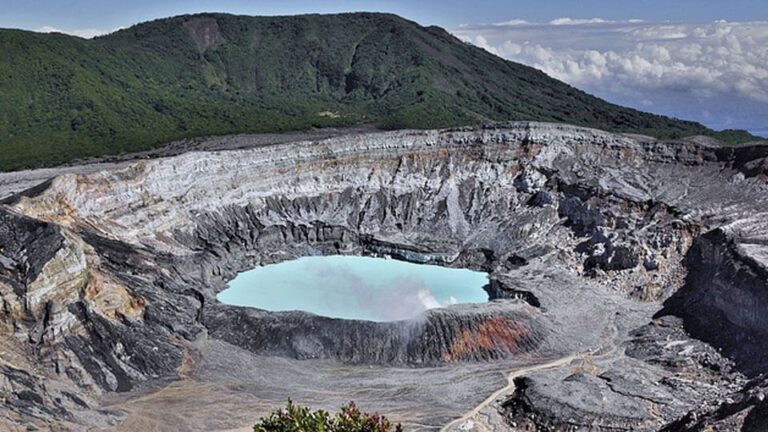In the dynamic and demanding environment of the meetings industry, sustainability has gone from being a complementary aspiration to becoming a cross-cutting axis that defines organizational excellence. In the case of the Costa Rica Convention Center (CCCR), this transformation is manifested in a deep institutional commitment to decarbonization and environmental regeneration. In this context, the effective coordination of multidisciplinary teams is presented not only as an operational necessity, but as a fundamental strategic component for achieving truly sustainable events. The integration of diverse work areas under a common vision allows every detail of the event, from planning to coordination, to ensure proper waste management.
Sustainability in events begins with teams that think and act in concert..
One of the main challenges in coordinating decarbonized events lies in harmonizing the efforts of departments with very different functions. Planning, infrastructure, audiovisual, gastronomy, and other department teams must communicate and act as a single unit without losing sight of their specific responsibilities. This functional interdependence requires a strong culture of collaboration, reinforced by clear processes, effective communication, and shared environmental goals. When teams are not aligned, operational contradictions arise: decisions made by one department can neutralize or hinder the sustainable progress of another. Therefore, it is essential to promote joint training spaces and interdepartmental meetings where a shared understanding of what a decarbonized event entails is built.
The CCCR has faced this challenge in an exemplary manner by adopting the CarbonClear Events By Heroica methodology, an innovative tool that ensures that 100% of the events held at the venue have a solid and measurable decarbonization focus. This methodology requires the coordinated participation of all the teams involved, from the selection of suppliers to the definition of the type of transportation offered to attendees. Each decision is evaluated based on carbon footprint reduction criteria. The result is not only a cleaner event in environmental terms, but also a more coherent, ethical, and appreciated experience for participants.
Every shared decision among teams is a step toward events with a positive impact and a minimal footprint
The success of this type of coordination is not achieved solely with methodological tools; it also requires conscious leadership that inspires, listens, and facilitates. Event coordinators have the responsibility to become true integrators of visions, promoting dialogue between disciplines, anticipating risks, and aligning schedules, budgets, and objectives. Furthermore, they must be sensitive to including all event stakeholders, from technical suppliers to staff, in the sustainable culture they seek to promote. Only in this way can they ensure that sustainability is not a decorative layer, but a transversal and profound operational logic.
Effective coordination turns team diversity into a force for decarbonization.
As the meetings sector moves toward more regenerative models, it becomes clear that sustainability is not the responsibility of a single team, but of the entire organization. Effective coordination of multidisciplinary teams is, therefore, an essential condition for achieving decarbonized events that not only minimize their impact but also leave a positive impact on the environment and on people. The case of the CCCR demonstrates that, with a shared vision, robust methodology, and genuine collaboration, it is possible to rethink traditional events and transform them into a catalyst for systemic change toward a more sustainable society.
Planning and Events Coordinator





